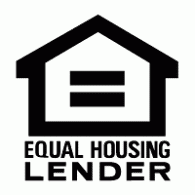Is a Cross-Collateral Loan Right for You When Downsizing Your Current Primary Home?

Downsizing your home can be an exciting and financially strategic, especially as you prepare for retirement or seek a lifestyle change. One financing option that might come up in your search is the cross-collateral loan. But what exactly is a cross-collateral loan, and is it the right choice when downsizing your current primary home? This […]
Cross-Collateral Loans for Home Purchases: A New Age of Home Buying

In today’s fast-paced real estate market, homebuyers and homeowners often find themselves at a crossroads when making pivotal decisions. The traditional home buying and selling process can be time-consuming and complex, especially when juggling the sale of a current property and purchasing a new one. However, there is a transformative solution on the horizon: cross-collateral loans. […]





